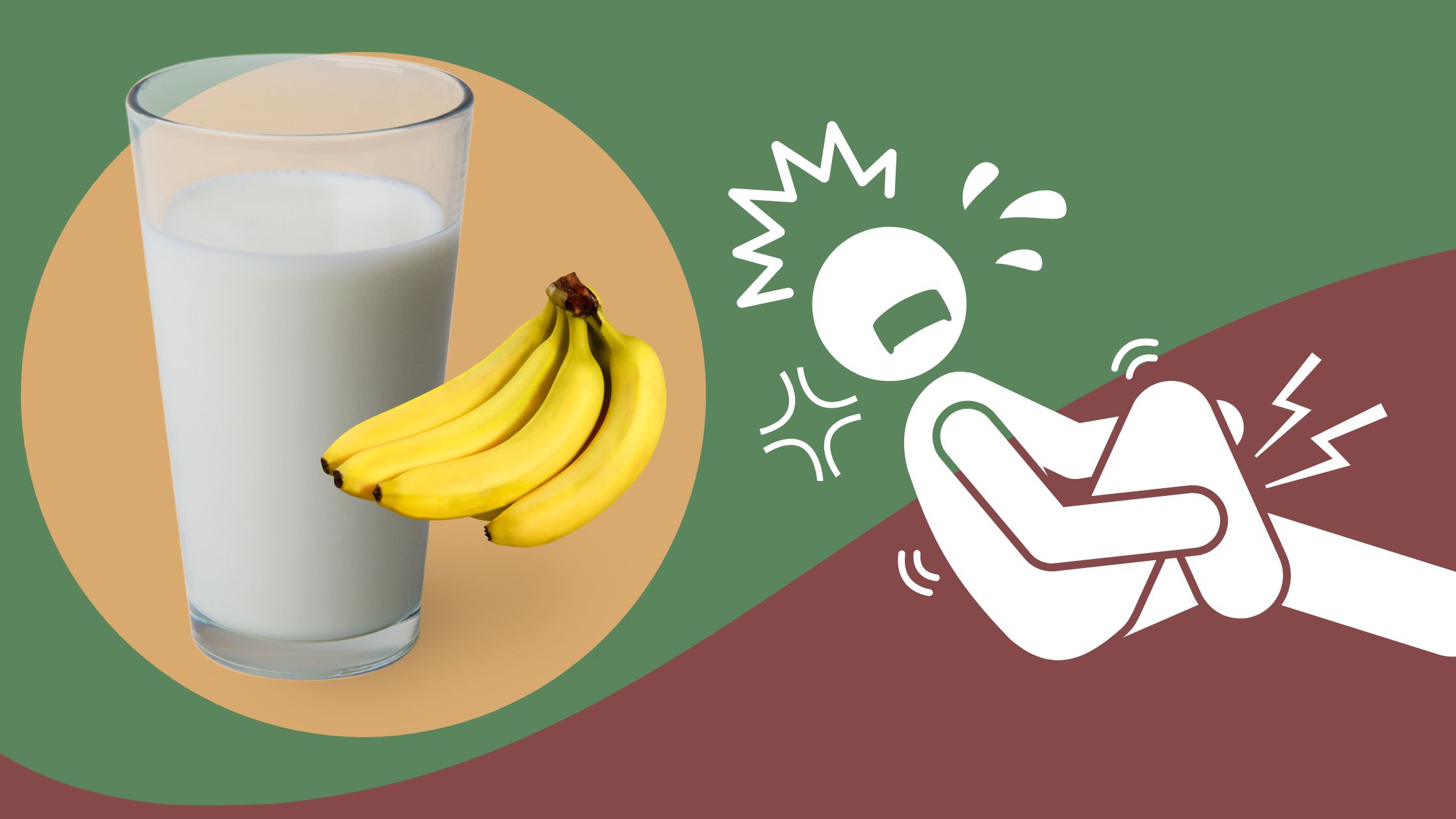7 Benefits of Probiotics
Probiotics can promote a healthy balance of gut bacteria, which is essential for proper digestion, immune function, and overall well-being. Some potential health benefits associated with probiotics include improved digestion, enhanced immune function, weight loss, and more.
This article will discuss seven key benefits of probiotics and how they can positively impact your health. But first, let’s take a look at what probiotics are.
What Are Probiotics?
Put simply. Probiotics are live microorganisms, often referred to as “good” or “friendly” bacteria, that offer various health advantages when consumed in sufficient amounts.
The most common types of probiotics are Lactobacillus and Bifidobacterium, although there are many other species and strains as well.
In addition to fermented foods like yogurt, kefir, sauerkraut, and kimchi, probiotics can be found in supplement forms, such as capsules, tablets, and powders.
However, not all probiotic supplements are equally effective, as their efficacy depends on the specific strains and their ability to survive the harsh conditions of the digestive system.
Benefits of Probiotics
1. Improved Digestive Health
One of the primary benefits of probiotics is their ability to improve digestion. These beneficial bacteria aid in breaking down food, enhancing nutrient absorption, and maintaining a balanced gut environment.
As a result, consuming probiotics can help alleviate gastrointestinal issues such as bloating, gas, constipation, and diarrhea.
They can also be beneficial for those suffering from more severe digestive disorders, like irritable bowel syndrome (IBS) and inflammatory bowel disease (IBD).
2. Enhanced Immune Function
According to research, probiotics also play a crucial role in supporting your immune system. They contribute to the production of natural antibodies and stimulate the activity of immune cells such as T lymphocytes and natural killer cells.
By strengthening your immune system, probiotics can help ward off infections and reduce the risk of certain illnesses.
3. Help You Lose Weight
Probiotics can aid weight loss. They prevent the absorption of dietary fat, thereby reducing the number of calories your body takes in.
Additionally, according to research, probiotics may help increase feelings of fullness, in turn, reduce calorie consumption and weight loss.
4. Mental Health Support
There is a strong connection between your gut and your brain, often referred to as the gut-brain axis. Probiotics have been shown to improve mental health by producing neurotransmitters like serotonin and dopamine.
In fact, studies suggest that probiotics can help alleviate symptoms of depression, anxiety, and stress.
5. Skin Health
Probiotics have also been linked to improved skin health, as the gut-skin connection is becoming more widely recognized.
A healthy gut microbiome can have positive effects on various skin conditions and promote a more radiant complexion.
For example, research has shown that probiotics can help manage acne, rosacea, and eczema. This is because probiotics help reduce inflammation and promote a healthy balance of bacteria on the skin. This can lead to clearer, healthier skin and fewer breakouts or flare-ups.
Probiotics may also have anti-aging properties, as they can help maintain skin elasticity and hydration. By supporting a healthy skin barrier, probiotics can reduce the appearance of fine lines and wrinkles, leading to a more youthful complexion.
6. Heart Health
Research suggests that taking probiotics may benefit your heart health. For example, some strains of probiotics have been found to lower LDL (bad) cholesterol and blood pressure, reducing the risk of heart disease.
They can also help regulate the levels of bile in the gut, preventing it from being reabsorbed into the bloodstream as cholesterol.
7. Allergy and Asthma Relief
Probiotics can provide relief for those suffering from allergies and asthma. They work by modulating the immune system and reducing inflammation, which can help alleviate symptoms such as nasal congestion, sneezing, and difficulty breathing.
Some studies have even shown that probiotics can reduce the risk of developing allergies in infants when given to pregnant women or nursing mothers.
Can Probiotics Harm Me?
Generally, probiotics are considered safe for most people, with few reported side effects. In some cases, individuals may experience mild digestive symptoms like gas or bloating when first introducing probiotics, but these usually subside as the body adjusts.
That said, certain individuals, particularly those with compromised immune systems, should exercise caution when taking probiotics.
People with weakened immune systems, such as those undergoing cancer treatments, organ transplant recipients, or those with HIV/AIDS, may be at a higher risk of infection from probiotics.
Additionally, individuals with certain medical conditions, like those with short bowel syndrome or central venous catheters, should consult with a healthcare professional before using probiotics.
In summary, while probiotics are generally safe and beneficial for most individuals, it is always wise to consult with a healthcare professional, especially if you have any underlying health conditions, to determine the best course of action for your unique situation.
The bottom line
The benefits of probiotics are extensive and varied, making them an essential addition to a balanced diet.
By incorporating probiotics into your daily routine, you can improve digestive health, strengthen your immune system, manage your weight, support mental health, promote skin health, protect your heart, and find relief from allergies and asthma.
So, don’t hesitate to explore the world of probiotics and give your body the boost it needs.






